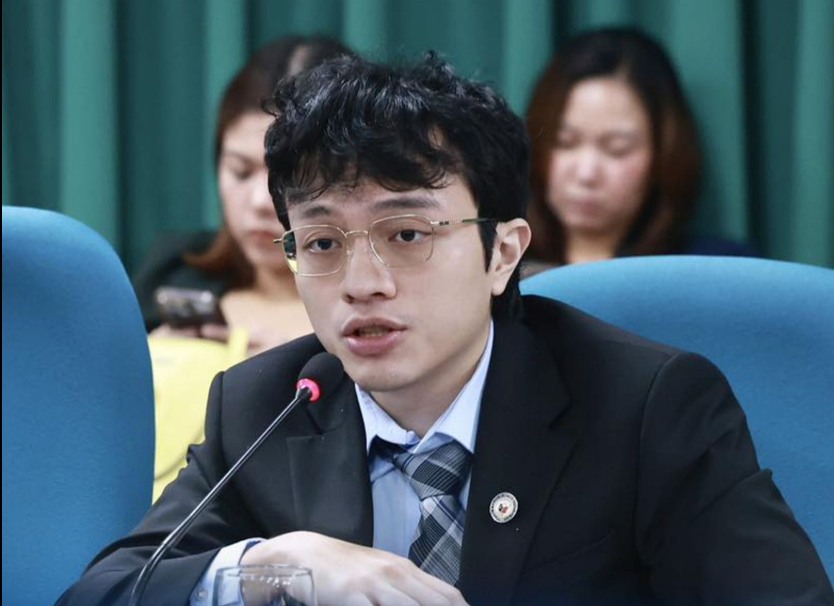After being battered by floods, perhaps Filipinos should take a break and look into how families are coping with disasters, both man-made and natural. They can always have food, medicines and fuel in reserve when typhoons strike and when highways become impassable.
Amid Carina’s wrath, Quiapo Underpass became a large swimming pool, perhaps thrice the length of Olympic pools, and parents and children, driven by the chance a free swim, waded into the dirty water, unaware that floodwaters are contaminated with heavy metals, toxic chemicals and urine from rats that cause leptospirosis.
Last month, June, was actually parenting month, and a group of parents and advocates of children’s welfare organized themselves to champion what they dubbed as “playful child parenting,” not the kind of parents and kids being dunked into the dirty Quiapo resort but the kind of families engaged in play, with the serious thought that play enriches the relationships of parents and children, helps improve learning and broadens the range of activities that also happens to reduce stress and anxiety.
On June 28, they launched Masayang Pamilya Organization, Inc. (MaPa) with 44 partners, friends and local and foreign partners joining. “With a mission to empower parents and caregivers to strengthen positive relationships with children through evidence-based, collaborative, and creative methods, the launch marks a significant milestone in advocating for playful positive parenting practices in the Philippines,” MaPa executive director Jennel C. Reyes stressed. The launch also featured a MaPa explainer video that documented how parenting skills were heightened and family relationships were improved based on the MaPa system.
Dr. Liane Peña Alampay, MaPa chairwoman, explained that “MaPa is a good investment for communities and local government partners who need to support parents in their community. MaPa is a good approach. We have data and evidence showing that it is helpful to families.” Alampay said it is the organization’s wish that many Filipino families adopt its programs and become advocates of “Tatak MaPa.”
“With the establishment of the Masayang Pamilya (MaPa) Organization Inc., we can collaborate with more groups who need access to an evidence-based parenting program. We can reach more Filipino families in various contexts, providing Masayang Pamilya to every Filipino child. We also hope to be a hub for parenting intervention programs and other organizations with the same advocacy of evidence-based intervention to jointly create a safe and happy environment for Filipino children,” Reyes said.
MaPa advocacy and communications officer Aya Santos said this early, the organization has won the support of individuals and institutions. Among them are Peter Burr of the Global Parenting Initiative, Joyce Niwane of Makati Social Welfare and Development Division (MSWDD), Dr. Yella Castillo of Consuelo Alger Foundation (CAF), Sabine Rokatomalala of the World Health Organization (WHO), Ateneo de Manila University vice president for higher education Maria Luz Vilches and Terence Ang of Joy Nostalg Foundation.
There are tons of evidence that prove toddlers do not only engage in play, but games also encourage children to discover how to improve their cognitive and motor skills. They learn how to organize themselves and hone their talent in problem solving. With parents joining in, they learn to be better communicators and tutors to their children. skills engage in problem-solving. Children later advance to tackling school subjects with the same intensity that they exhibit while at play. MaPa’s system may well be taken seriously by primary schools, where the quest for knowledge starts.




